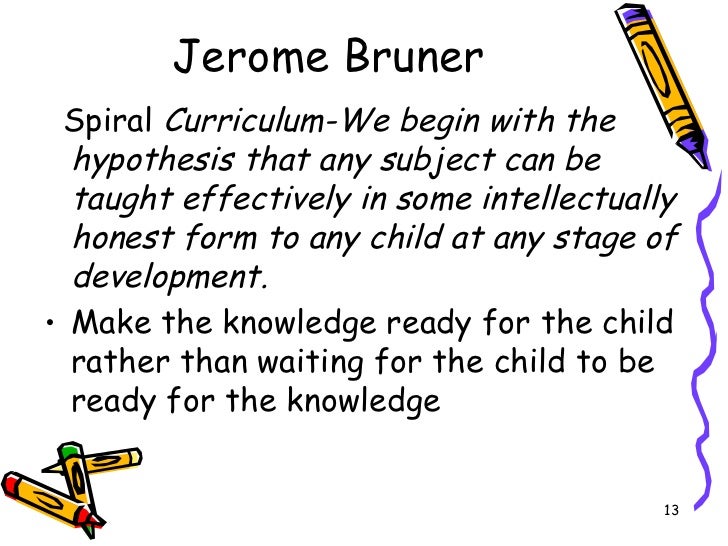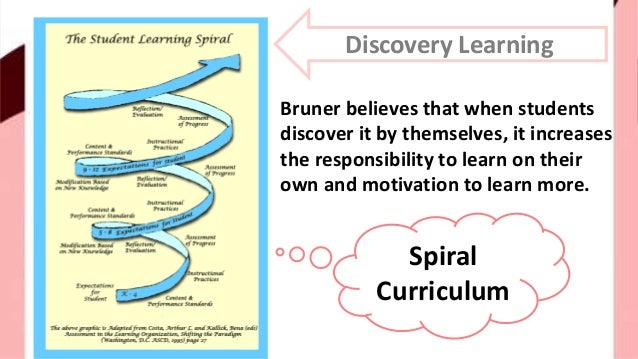1. Pedagogical / Philosophical Underpinnings
Pedagogical / Philosophical Underpinnings
The study of democracy and the cultivation of thoughtful, engaged citizens forms the spine of the Civics for All K-12 philosophy and elemental curricular frameworks. Whereas many social studies lessons stop at factual and analytical level work (a Common Core tendency), Civics for All emphasizes deeper, more engaging work via evaluative/opinion level questions which force students to synthesize complex ideas.
Key Principles of Civics for All Pedagogy and Philosophy:
- Student voice and student engagement: Without these, classrooms and schools become little more than factories. With activated student voices, our children, our schools, and our communities come alive!
- Deep learning: Honors students and struggling learners alike deserve and demand it:All kids love civics because after learning the facts and considering the analyses of various issues, they feast on the opinion/evaluative level questions that characterize civic issues and elections. The presence of these higher order questions and their presence in curricula motivates youth to work harder because: a) diligence on foundational factual/analytical work increases when students know it is ammunition for their arguments; b) adolescent psychology (Erikson et al) compels them to individuate and develop their own ideas and argue well for them; c) students relish academic challenges that are just at the brim of their zone of proximal development— CBAs and Essential Questions allow all learners to extend to their learning as far as possible.
- Respect for academic freedom and district planning: Civics for All provides common curricular frameworks that offer civics-based structures to the social studies but does NOT mandate social studies content selection. Course content should be and will be selected by individual teachers, schools, and departments in accordance with District curriculum mapping. Civics for All seeks to support and strengthen our district’s content spine by engaging and supporting the work of others on democracy, civics, and related studies.
- Promotion of the K-12 “spiral curriculum,” in which all teachers in all disciplines help facilitate this process whenever efficacious, while socials studies students revisit core principles of democratic citizenship year after year. The review and deepening of student understanding and voice is a core philosophy in Civics for All–it rests on legendary Harvard educator Jerome Bruner’s essential instructional triad: scaffolding, structure, and the spiral curriculm. As students’ sophistication grows over time, they should develop ever deepening and personalized understandings of their civic rights and responsibilities in our democracy as well as in the world at large.

- Supporting at risk youth and struggling learners:by offering struggling students a readily visible and graspable structure ( e.g. the recursive study of democracy/civics), the Civics for All approach gives them something to hold onto and regain an academic andaffective foothold. The emphasis on student opinion and student voice is often the essential tool to get students back on track, whether they have been suspended, just moved, switched schools, had a family crisis, etc.
- The political spectrum banner above is a good example of a common Civics for All curricular framework that all secondary social studies students will see on their classroom walls – nearly half of Seattle’s high school social studies teachers have used them. It provides students with a dependable pillar of understanding within the year to year study of grade 6-12 social studies, as well as from teacher to teacher. As students come to understand politics more deeply every year, they become inspired and empowered with knowledge to participate in our democracy.
- Engage and Support Parents: Parents consistently and unfailingly support citizenship education that empowers their children to realize their civic identities and feel like they can make a difference in the politics that affects their lives. Civics for All facilitates this by helping students develop their own Civic Credo. What’s more, the Civics for All approach naturally engages parents in the classroom debates that their students become impassioned about. Homework assignments which encourage student-parent interaction over the current and timeless hot-button issues are dynamite and Civics for All facilitates them naturally. Also, annual elections build beautiful bridges from the classroom to the living roomas families study and debate the issues of the day.
- Voting is fundamental:If voting is the most fundamental expression of speech in a democracy, why wouldn’t we teach our young people to do it — and to do it thoughtfully and regularly. As Justice Sandra Day O’Connor has suggested, kids do not learn to vote via osmosis.






